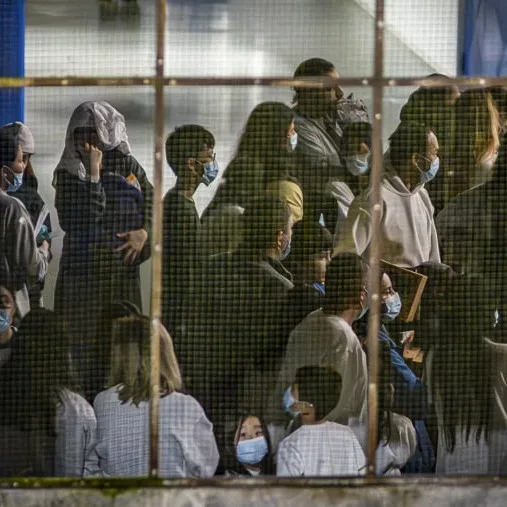A group of 135 predominantly Asian migrants who had been detained in the United States arrived in Costa Rica on February 21, 2025, following their deportation stemming from a directive by the Trump administration aimed at controlling immigration. The migrants, hailing from various countries including Bangladesh, India, and Nepal, are now in the hands of Costa Rican authorities, highlighting the complex dynamics of immigration policies under changing political pressures. Costa Rica’s decision to become a receiving country for deportees comes amidst ongoing dialogue between U.S. and Central American leaders. President Trump praised the move, stating, ‘This is just the beginning of our efforts to streamline the immigration process and maintain order at our borders.’ Critics, however, have raised concerns over the humanitarian implications, noting the challenges these deported migrants face in terms of reintegration and support. As Costa Rica begins to process these individuals, the government has assured humanitarian assistance to facilitate their needs, yet the long-term impacts of this strategy remain uncertain. In addition to the geopolitical angles, there’s a broader conversation about how countries like Costa Rica and Panama have positioned themselves as stopovers for foreign deportees, driven by external pressures from the U.S. and regional immigration trends.
Deportation of Asian Migrants to Costa Rica: A Controversial Decision Amid Political Pressure













